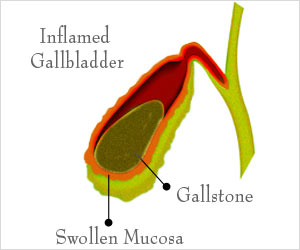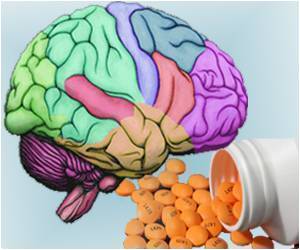Inflammation is normally controlled by stop signals called resolvins, which switch off the inflammation and stimulate tissue healing and repair through a process called resolution of inflammation.
.
“We’ve found that this receptor is dysregulated in atherosclerosis, indicating a disruption in the body’s natural healing processes,” says the study’s first author Hildur Arnardottir, assistant professor at the Department of Medicine, Solna, Karolinska Institutet.
The new study shows that signaling via the receptor actively stops inflammation in atherosclerotic blood vessels and stimulates healing.
The researchers have studied atherosclerotic plaque and created a new experimental model with an over-expressed GPR32 receptor. The GPR32 receptor counteracted atherosclerosis and inflammation in the blood vessels, and resolvins that activate GPR32 enhanced the effect.
In the future, researchers will be studying the mechanisms behind the failed management of inflammation in the blood vessels and how omega-3 mediated stop signals can be used to treat atherosclerosis.
This discovery may pave the way for new strategies for treating and preventing cardiovascular disease using omega-3 fatty acids.
Source: Medindia



